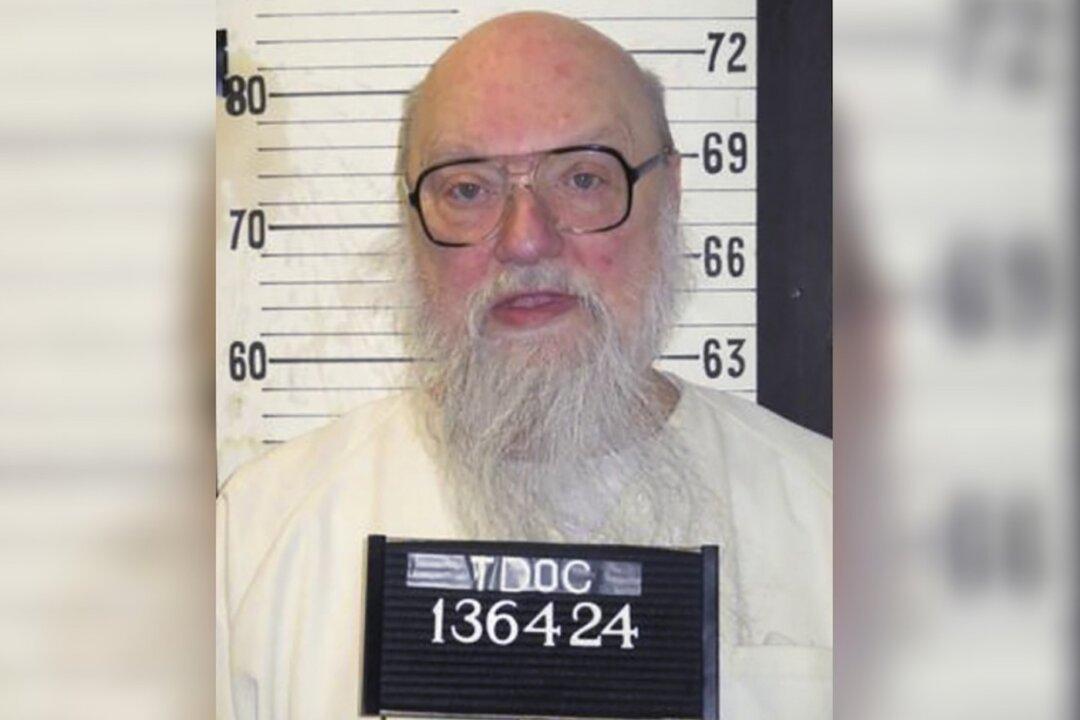Tennessee Gov. Bill Lee on Thursday issued a temporary reprieve to the execution of convicted killer Oscar Franklin Smith due to an “oversight in preparation for lethal injection.”
The state’s governor called off the execution just an hour before it was scheduled to go ahead at 7 p.m.




